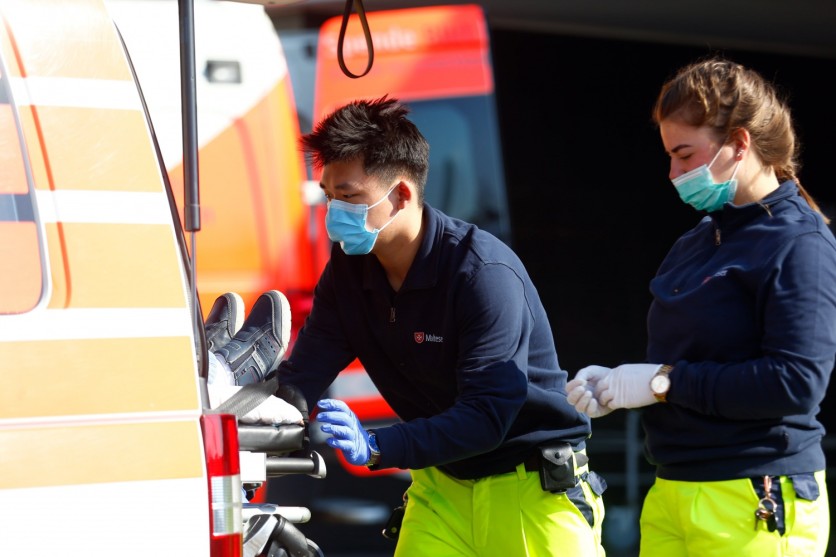As the coronavirus pandemic continues, many people are now overthinking things they never used to consider at all. Can you go outside? What if you're walking downwind of another person? What if you're 'unknowingly' infected at a crosswalk and someone is there? Suddenly, daily mundanities seem to call for strategy.

Much of this confusion stems from the shifting discussion across the pandemic. News reports have recommended that the coronavirus can spread through the air. After 60 choir participants in Washington State rehearsed together, 45 fell sick, even though no one seemed symptomatic at the time.
Staying indoors, however, is just the most practical and most easily resolved part of a broader and more vexing set of questions: Does the coronavirus really travel through the air? If so, how can we avoid it? Should we all be wearing surgical masks? The information about life-and-death hinges on the answers. And the solutions are intricate.
ALSO READ : Quicker Than A Ray of Light! Coronavirus Is Now 1,000 Times More Infectious Than SARS! - Study
Claim: Face mask doesn't work?
Several studies claim wearing a face mask is really not an iron-clad assurance that you won't get sick. Viruses, according to studies, could transmit through the eyes and tiny viral particles, called aerosols, that can penetrate masks.
Health officials jumped in to deter the public, worried approximately the limited supply of masks for health care personnel. "Seriously, people-STOP BUYING MASKS!" U.S. Surgeon General Jerome Adams wrote on his Twitter account.
Seriously people- STOP BUYING MASKS!
They are NOT effective in preventing general public from catching #Coronavirus, but if healthcare providers can’t get them to care for sick patients, it puts them and our communities at risk!
https://t.co/UxZRwxxKL9 — U.S. Surgeon General (@Surgeon_General) February 29, 2020
The World Health Organization (WHO) and U.S. Centers for Disease Control and Prevention (CDC) have both said that only those with COVID-19 symptoms and those worrying for them must wear a mask.
A JAMA research this month argued that people without symptoms should not wear a surgical mask, because there isn't enough evidence it will protect them from contamination. Although the study clarified masks could protect people who are coughing and sneezing from infecting others.
Reality: Not wearing a mask is a mistake
Health experts, including the Chinese Center for Disease Control and Prevention, say not wearing a surgical mask is a mistake. Health authorities in select parts of Asia have told all citizens to wear a mask in public to save you the unfold of the virus, irrespective of whether they have symptoms.
An Australian information scientist says the claims are incorrect, and he is leading a push for western governments to prioritize using face masks to prevent the unfold of COVID-19.
ALSO READ : Federally Funded Tests Now Suggest Coronavirus Is Airborne: How Long Can It Survive in the air?
Jeremy Howard, Founder of Masks4All and University of San Francisco researcher, claimed there's enough evidence suggesting wearing masks can prevent coronavirus.
He said the WHO advice that masks are only worn when one is showing symptoms of illness is flawed.
"About 50 percent of people with this virus don't have any symptoms," Mr. Howard told Australian Radio Station 3AW's. He noted WHO's reminder to wear a mask since no one knows if they're already infected.
The time a person is most infectious, according to Howard, is in the early days when almost nobody has symptoms.
ⓒ 2026 TECHTIMES.com All rights reserved. Do not reproduce without permission.




